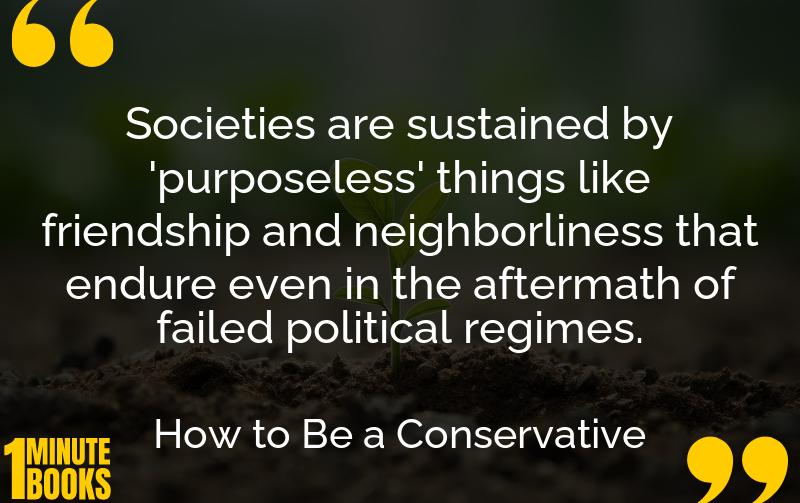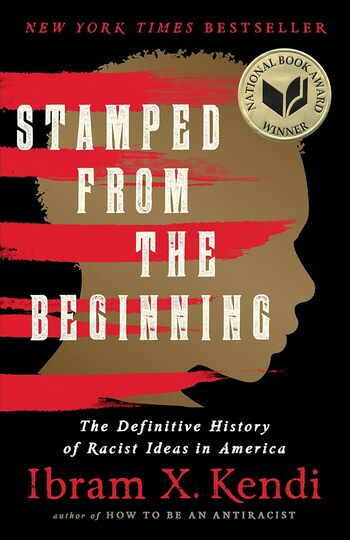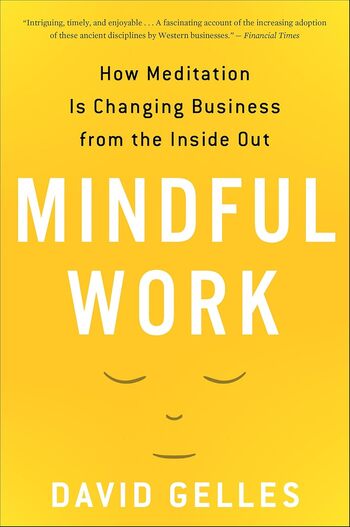
Roger Scruton explores conservatism’s core principles, illustrating his transformation from socialism to conservatism. Through personal experiences, he discusses societal building, nation-states, and moral frameworks essential to a cohesive society.
Main Lessons
- Conservatism values the organic growth of societies from the bottom up, emphasizing human connections in local communities.
- The concept of the nation-state provides a shared identity beyond fractures, fostering belonging and shared purpose.
- Economic freedom through the free market is championed, although it needs a grounding in moral values and legal structures.
- Modern human rights, with their focus on positive duties, can often exploit legal systems, contrary to conservative advocacy for negative freedom.
- Traditional Western Enlightenment values support a civic and inclusive society, crucial for multicultural harmony.
- Conservatives believe in maintaining social structures where private organizations and clubs can lead to upward mobility.
- There is skepticism toward central economic control, underscoring the dysfunctionality of planned economies seen in socialist regimes.
- Recognize the failures of ideological extremes—both socialist and capitalist—and adopt a balanced approach to societal development.
- Roger Scruton’s personal journey highlights conservatism’s adaptability and the value of learning from differing political ideologies.
- Conservatism stresses the importance of conserving heritage and traditions that are threatened by rapid changes.








